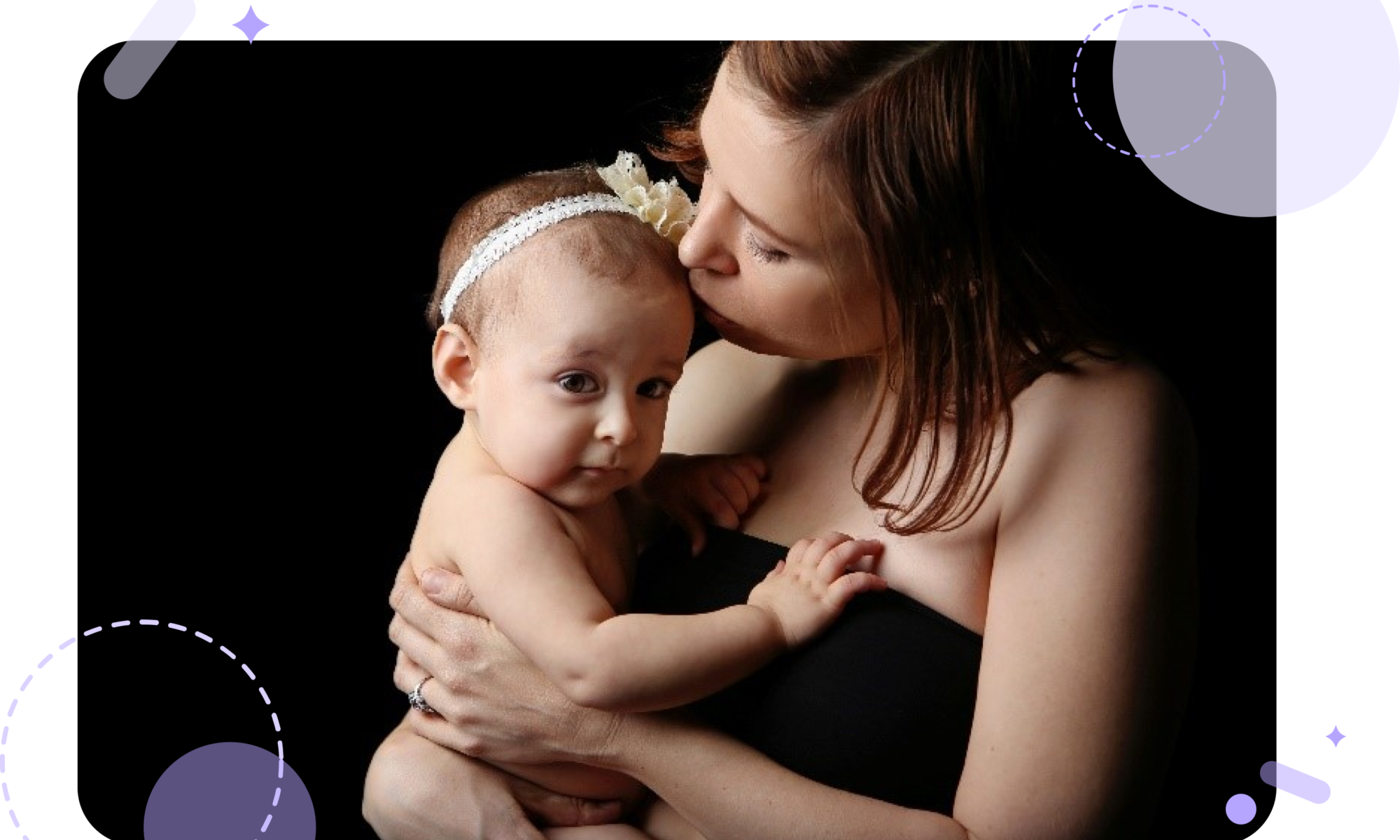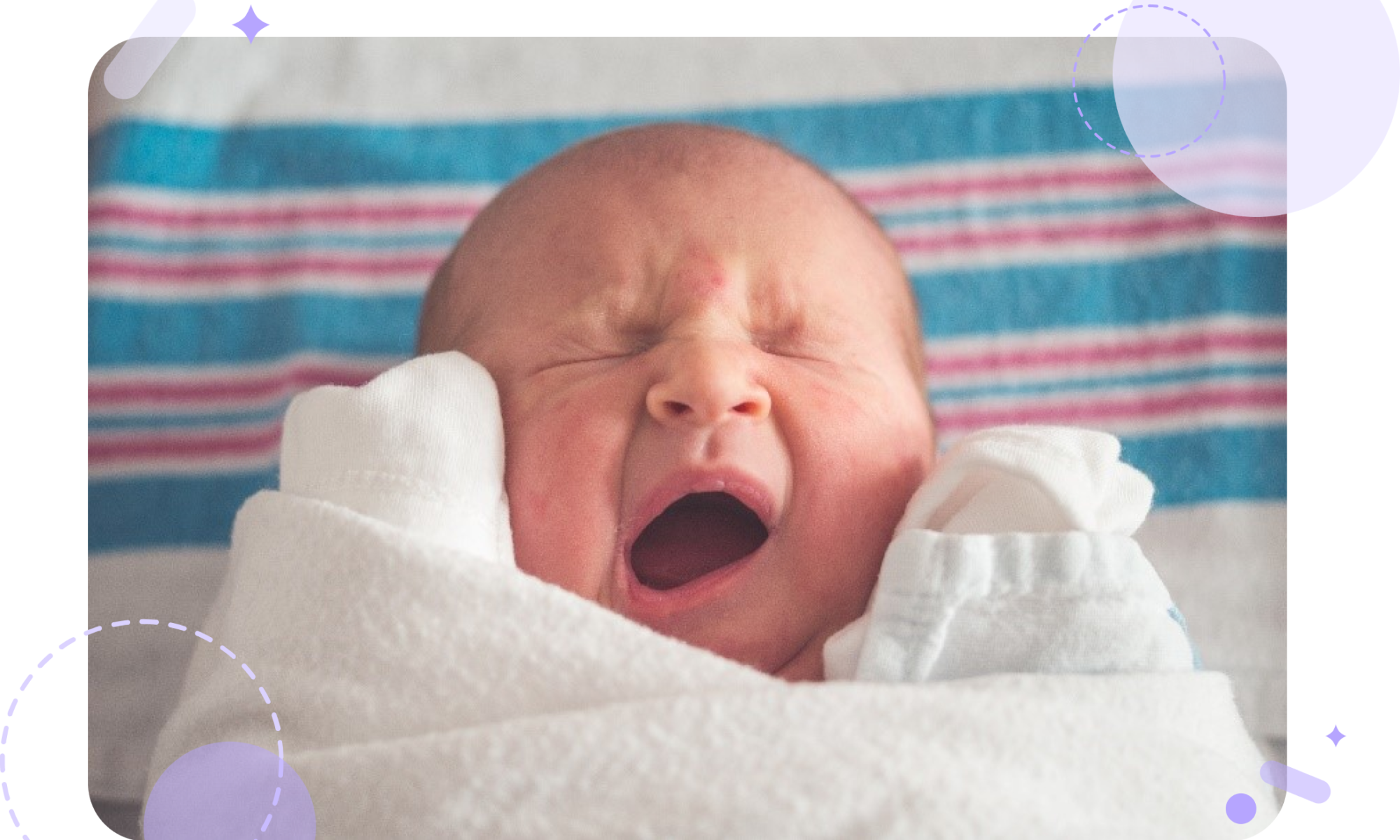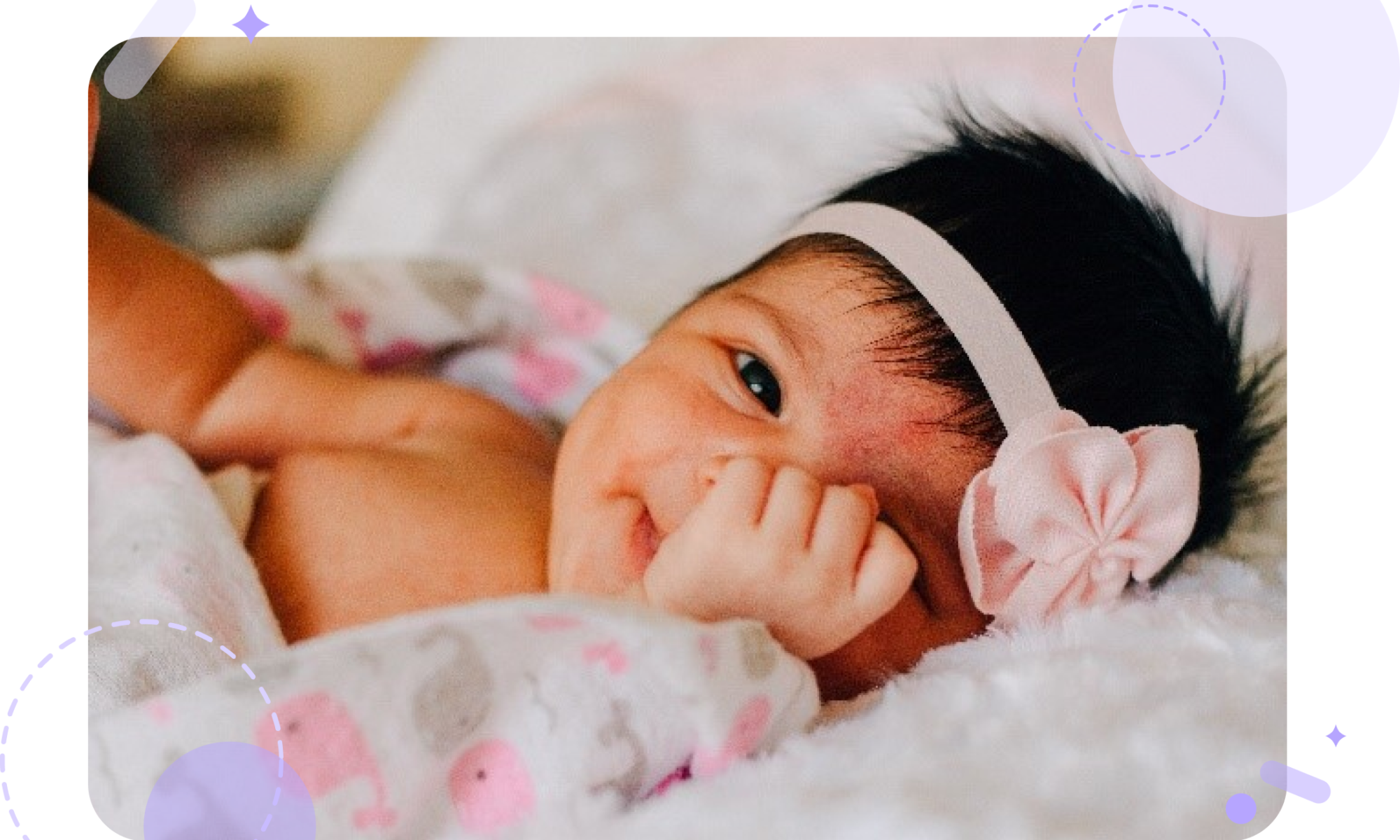
The bond between a parent and their baby is like no other. Thinking back on your upbringing, you remember all the little things your parents did for you that made them role models in your eyes. Much the same way your parents impacted your life, the connection you will form with your baby in their early life will have a great impact on their adult life. Forming bonds and establishing connections will serve to create positive results that will ensure a healthy and happy upbringing for your baby.
Attachment is an emotional connection that results in a bond shared between parent and child. According to multiple scientific theories, attachment is evolutionary in nature and was selected to help increase a baby’s chances of survival. Many studies have found conclusive evidence that babies who formed close bonds with a primary figure (whether it be a nanny or a parent) were more likely to receive essential life necessities that ensured their survival.
During infancy, attachment is formed by continuously meeting the needs of your baby, including providing food, care, comfort, and protection. By listening and being attentive to cues from your baby, you form a bidirectional attachment. Your baby begins to develop value patterns as part of their cognition that help them become more connected to you as you care for them. Studies show that a baby who develops attachment will become more independent later in life, form good relationships, have a higher level of self-esteem, and perform well in many other aspects of their adult life.
However, if a baby does not form secure attachments in their first critical years of development, that can lead to repercussions. Research shows that an absence of a caring primary caregiver might have serious implications to the social, emotional as well as cognitive development of the baby leading to difficulty in forming attachments, increases anxiety, and is detrimental to their overall emotional well-being and intelligence.
Birth to 3 Months: During the early stages of a newborn’s development, they will not develop attachments nor show signs of bonding to their caregivers. However, you will have already began bonding with your baby by providing them with essential necessities such as feeding, comforting your baby when they are ill or fussy, and putting your baby to sleep.
In fact, these provisions will generate an emotional and sensory stimulus that generates rapid attachment learning, an imprinting process based on positive experiences in your baby’s newly forming brain. This, combined with an evolution-based proximity-seeking behavior from newborns, close and positive interactions between a newborn and a primary caregiver during these early months create the foundation for the attachment between them.
3 to 7 Months: As a baby matures, they begin to express signs of bonding to the caregivers in their life as they are still reliant on a constant positive experience from the primary caregivers such as attending to their needs, providing physical contact and proximity, and encouraging positive emotional feedback. Accordingly, as your baby’s emotional and cognitive development matures, you can do the following to strengthen your bond:
- Cuddling your baby as much as you can create a sense of safety and security for them. Some studies have found that increased physical contact in a baby’s life results in better overall mental health!
- Smiling is important as it teaches your baby crucial social skills and strengthens your bond together.
- Maintaining eye contact is important when communicating with your baby. Whether you are trying to mimic your baby’s sounds in your best baby voice or singing a lullaby, looking at your baby’s eyes will establish an emotional connection.
- Playing games and having fun with your baby can help fuel their imagination! Whether it’s a game your parents played with you when you were young or just a game of Peek-A-Boo, this can enhance your baby’s cognitive development. But for the parent, the prize will be in seeing their baby laugh and learn to have fun with you! After all, laughter and fun are essential to living a well-rounded life.
7 to 12 Months: At this stage, an infant’s attachment to a primary caregiver has formed solid foundations and is an important aspect of their world. Once the attachment is formed, the child uses the caregiver as a secure base to explore the world and develop other relationships with their physical and social surroundings. Some babies might become anxious when they are separated from their primary caregiver as, by now, babies will have learned to distinguish familiar faces from strangers. At this stage, activities like reading and bath time can have a significant impact on your child’s development.
- Reading to your baby is essential for developing their learning and language skills. Bedtime stories will also serve as fond memories for a parent when looking back on their child’s early life.
- Bath time is one of the most common bonding experiences a parent will share with their infant. Bathing is a multi-sensory experience and touch is important for your baby’s cognitive development. As the baby’s emotional bonds and cognitive forms strengthen through such activities, they will begin to connect to multiple individuals in their life including siblings and grandparents.
There are factors that can prohibit a parent from bonding with their baby. For example, postpartum depression or other medical issues can create a divide between parent and infant. Studies have shown that the quality of maternal care determines both the sort of attachment that is formed between them as well as the long-term emotional well-being of the infant. So, it is important that you feel well when interacting and caring for your baby. However, if you are experiencing negative emotions as a result of this new chapter in your life, it’s best to consult with a medical practitioner for a diagnosis and treatment in order to ameliorate any physical or psychological illnesses you might be experiencing.
Showering your baby with parental love and care and watching your baby grow will perhaps become the most precious part of your life as a parent. The love you’ll feel for your baby will be enough to keep you going as you navigate through the joys and trials of parenting. Being an attentive parental figure in your baby’s life early on will help you establish a good relationship so that one day, in turn, your child will look up to you as they navigate through their life.
- PubMed: Infant Bonding and Attachment to the Caregiver – Insights from Basic and Clinical Science
- PubMed: Care Through the Newborn’s Eyes
- Verywell Mind: Bowlby & Ainsworth – What is Attachment Theory?
- WebMD: Forming a Bond With Your Child – Why It Isn’t Always Immediate
- Raising Children Network: Bonding and Attachment – Newborns
- KidsHealth: Bonding With Your Baby
- HelpGuide: Building a Secure Attachment Bond With Your Baby
- ScienceAlert: Babies Who Get Cuddled More Seem to Have Their Genetics Changed Afterwards
 Back
Back
